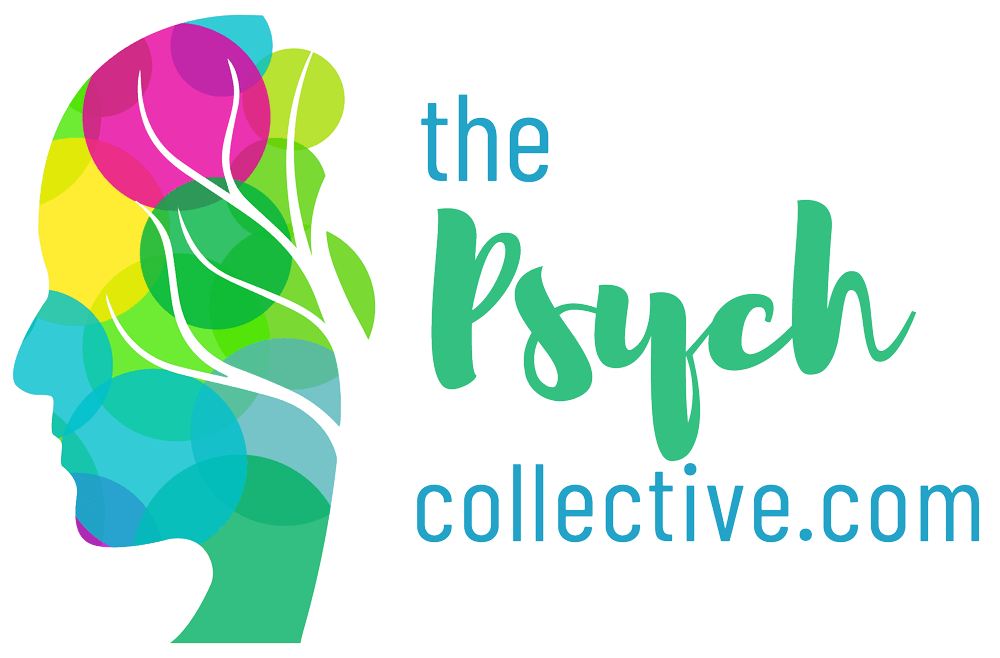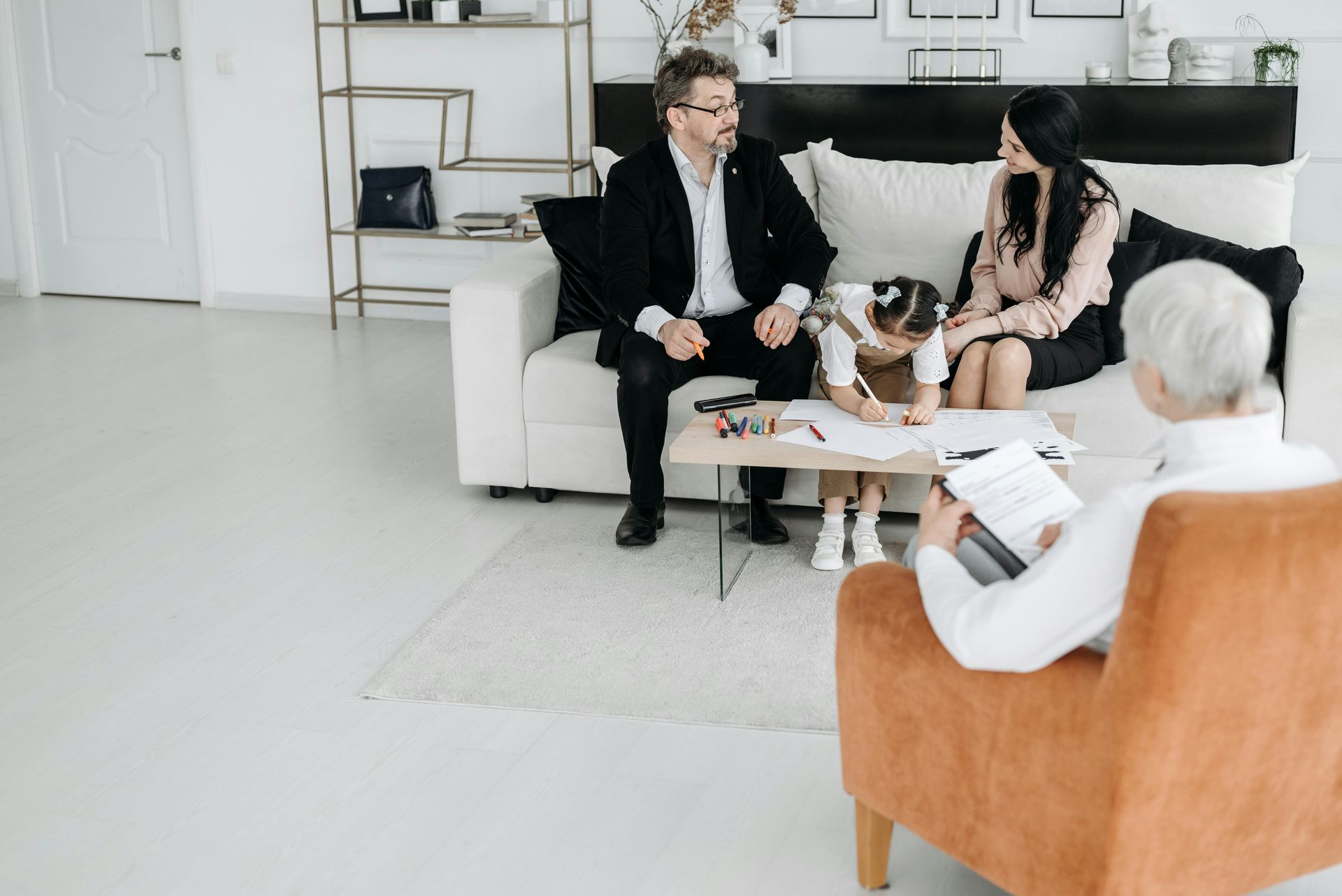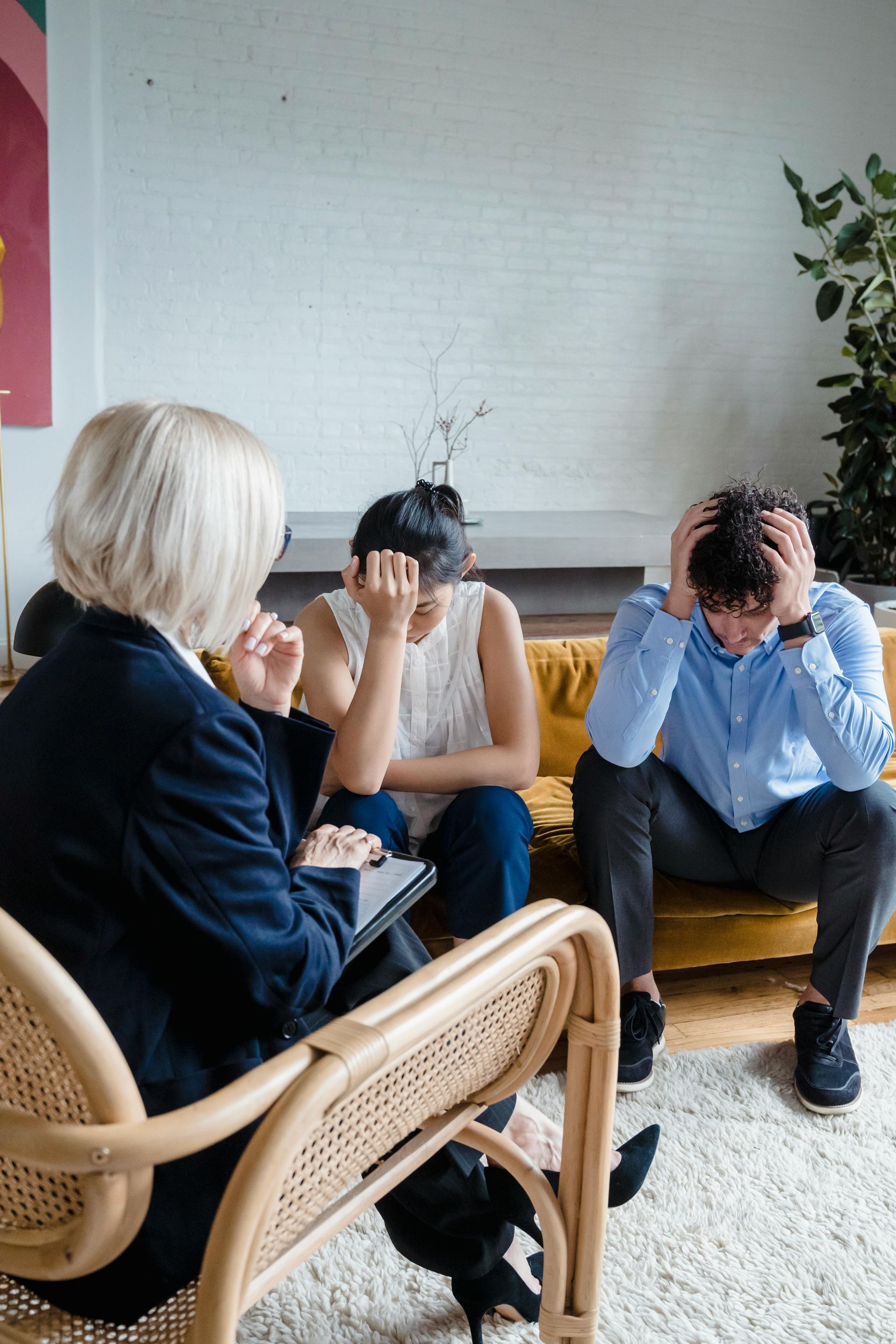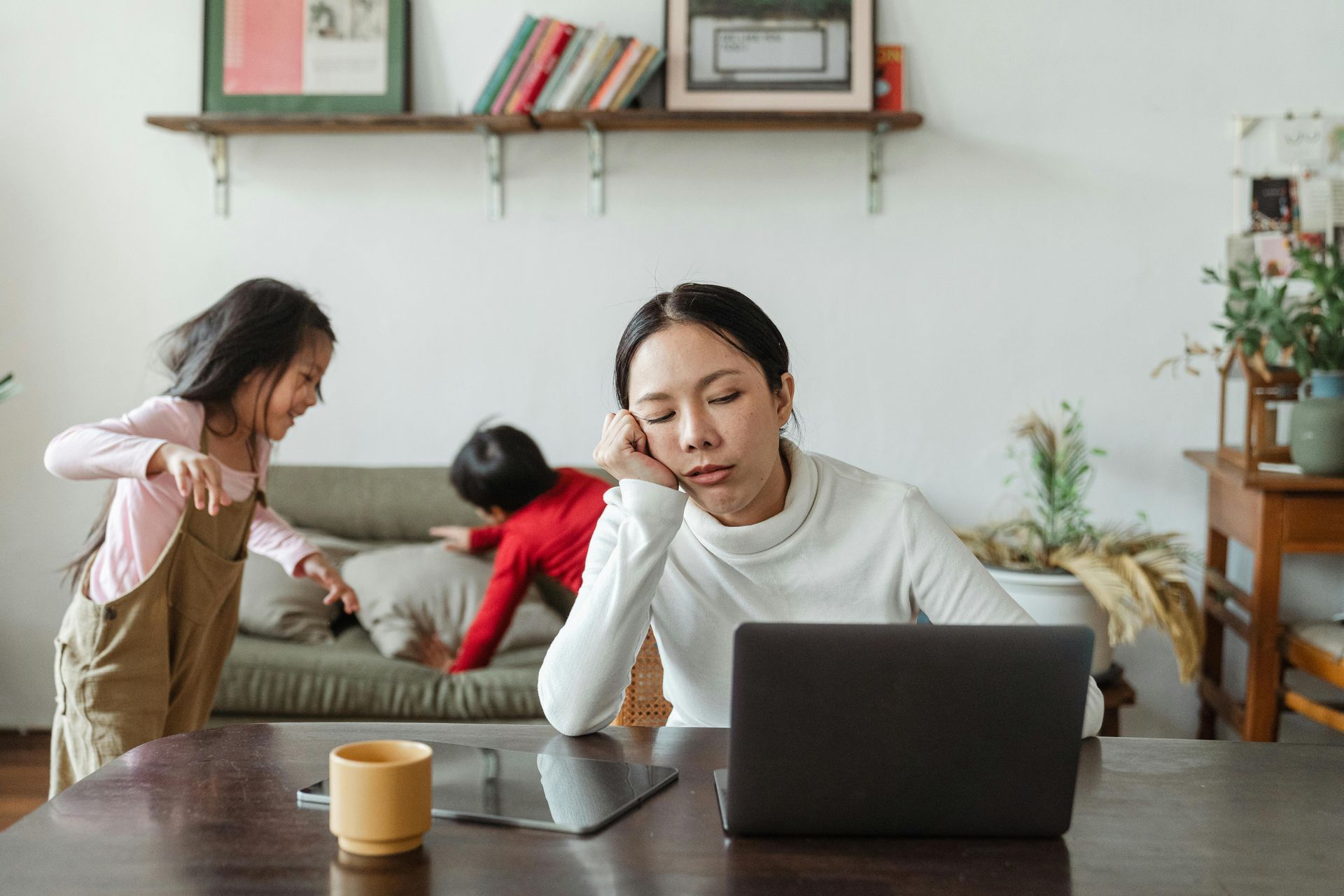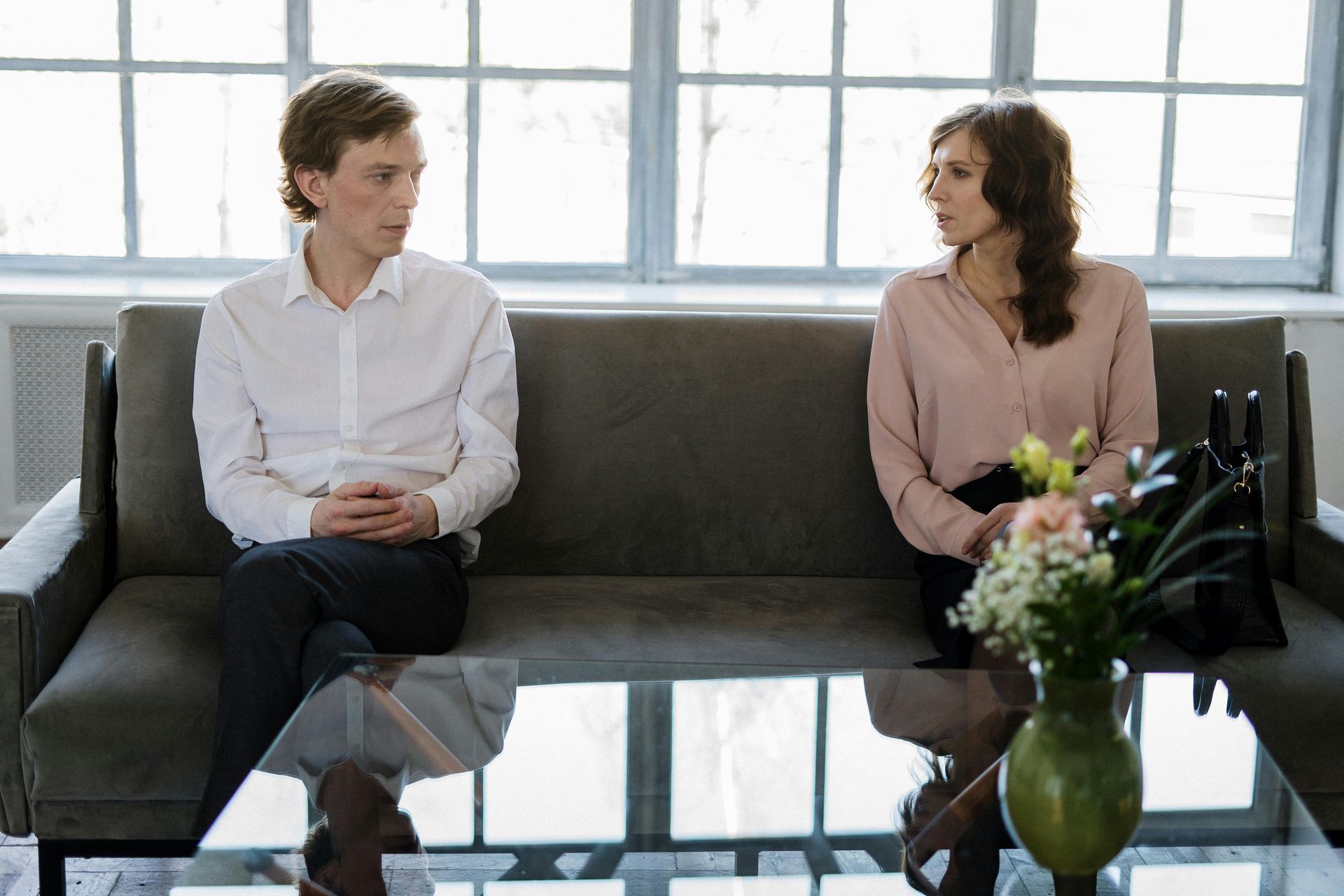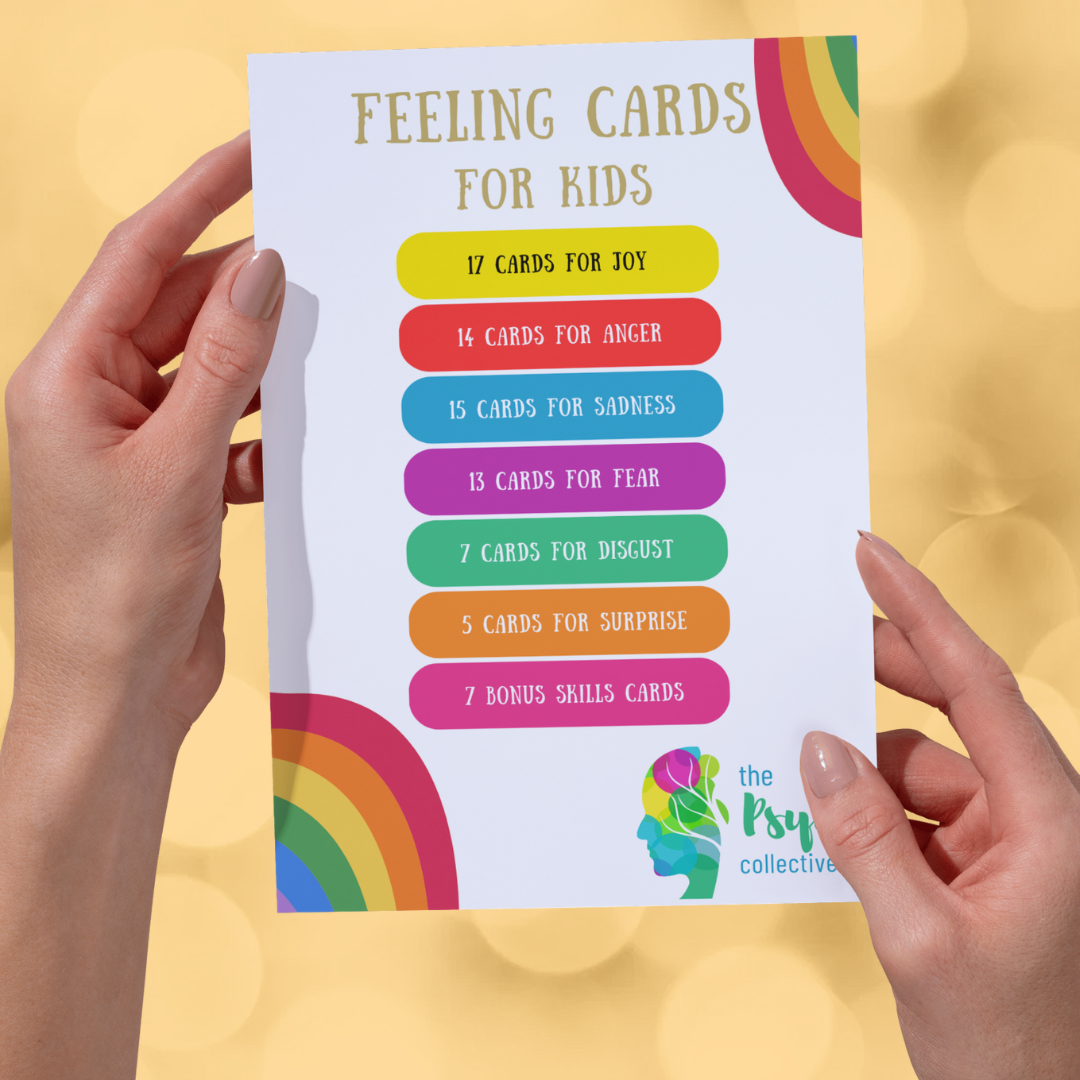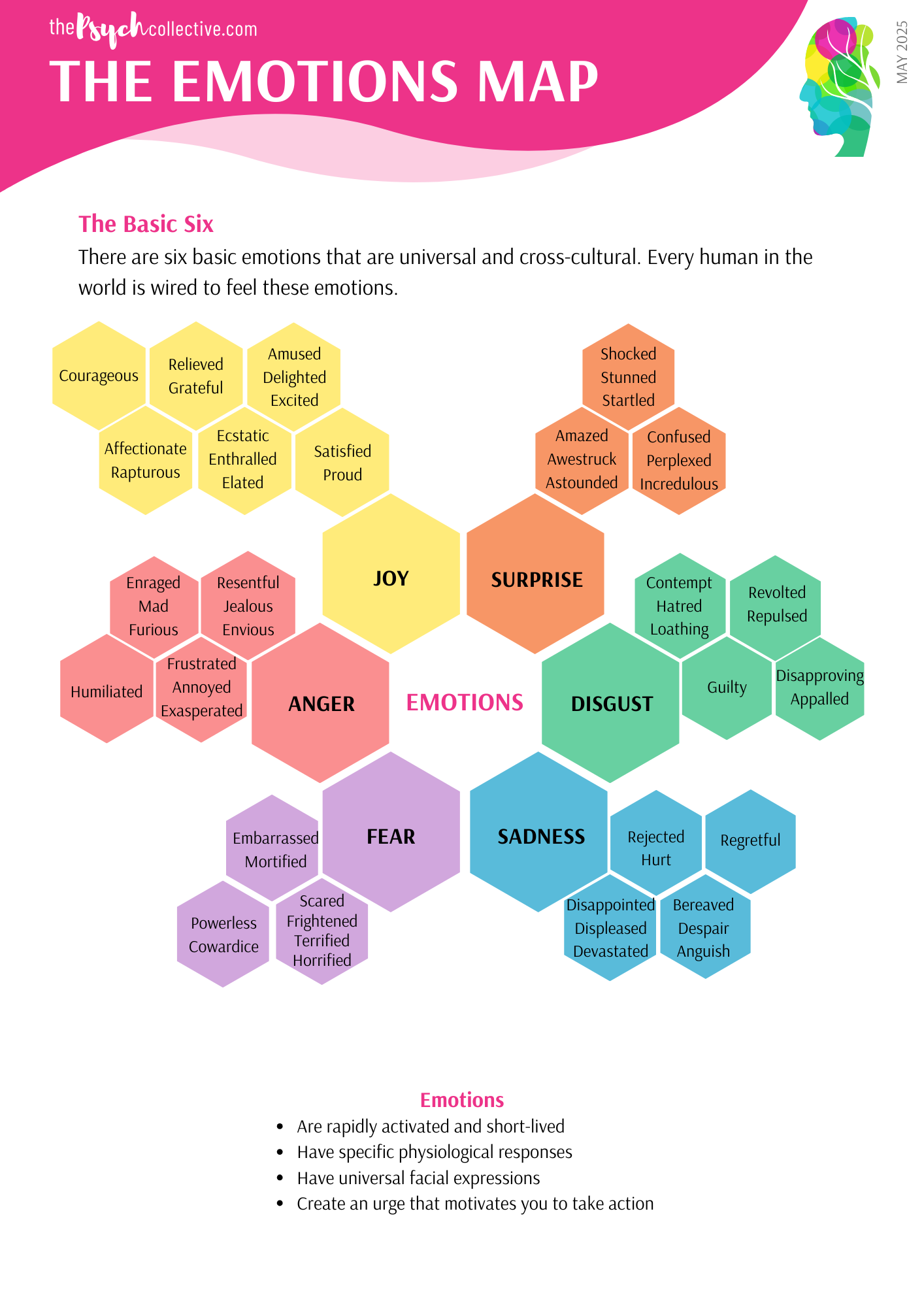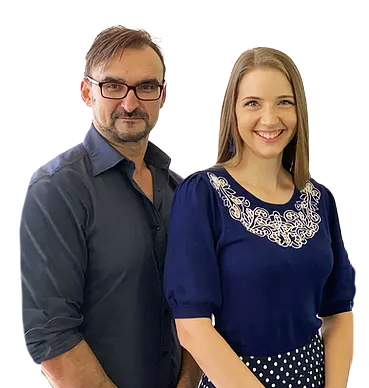Family Therapy in Wollongong
Rebuilding Connection, Safety & Understanding
With Laura Marett, Accredited Mental Health Social Worker
The Psych Collective Clinic, Wollongong
Family life can be deeply rewarding, but it can also be complex, emotional, and at times overwhelming. When communication becomes strained, tensions rise, or family members feel misunderstood, even small moments can spiral into conflict.
Family therapy offers a structured, supported, evidence-based way to reconnect. At The Psych Collective, Laura uses a Gottman-informed, attachment-based, and trauma-sensitive approach to help families understand patterns, repair relationships, and build a more connected home environment.
Please note that all family members must be over the age of 18 to participate.
What Is Family Therapy?
Family therapy looks at the entire family system, not one “problem person.” It recognises that when one family member is struggling, everyone is affected.
Sessions help your family:
- understand each person’s perspectives and needs
- identify unhelpful communication and interaction patterns
- strengthen emotional safety
- develop new ways of relating, supporting, and resolving conflict
At its core, family therapy is not about blame. It’s about curiosity, compassion, and learning to work as a team again.
Our Gottman-Informed Family Therapy Process
Just like our couples therapy process, family therapy follows a four-session assessment and mapping process, adapted to work with multiple family members.
This approach gives every person a voice while giving Laura the information she needs to understand the deeper patterns shaping the family dynamic.
Session 1: The Family Conversation (90 minutes)
In the first session, Laura meets with the family together. All family members must be over 18 years to attend.
You’ll explore:
- what brings you to therapy
- how each member experiences the concerns
- family strengths, values, and hopes
- the interaction patterns that are creating disconnection
- existing attempts to solve the problem and why they may not be working
This session sets the tone for safety, curiosity, and collaboration.
Cost: $350 for 90 minutes
Sessions 2 & 3: Individual or Sub-Group Sessions
To truly understand the system, each family member (or each subgroup—e.g., parents, siblings) meets individually with Laura.
These sessions allow everyone to:
- speak openly in a private space
- share their personal story and perspective
- explore emotional needs, triggers, and stress responses
- discuss their hopes for their relationships within the family
This is where attachment needs, developmental factors, neurodivergence, trauma histories, and emotional patterns come to light. Laura uses trauma-informed, attachment-based, and systemic frameworks to help each person feel understood and supported.
Cost: $220 for 60 minutes
Session 4: The Family Feedback & Plan Session
In this final assessment session, the family comes back together.
Laura shares:
- a clear explanation of what’s happening beneath the surface
- interactional cycles or patterns contributing to conflict
- each family member’s strengths and relationship needs
- Gottman-informed strategies for communication, repair, and connection
- a practical, tailored plan for moving forward
Families often find this session clarifying, relieving, and motivating—it provides a roadmap for change.
Cost: $350 for 90 minutes
What Happens Next?
Following the assessment phase, families continue working together in ongoing therapy sessions, where real, lasting change takes shape.
These sessions may focus on:
- improving communication and emotional expression
- repairing past hurts
- navigating parenting differences
- supporting neurodivergent children or adolescents
- rebuilding trust
- reducing conflict
- strengthening connection and safety
- learning new ways to handle stress as a family
The pace, frequency, and structure of ongoing sessions are always tailored to your family’s needs.
When Family Therapy Can Help
Families seek support for many reasons, including:
- ongoing conflict or frequent misunderstandings
- parent and adult-child disconnect
- neurodivergent family needs (ADHD, autism, sensory profiles)
- support for LGBTQI+ family members
- supporting a child or teen with emotional or behavioural challenges
- mental health concerns impacting the household
- grief, loss, or trauma
- challenges with boundaries, roles, or communication dynamics
Family therapy can involve the whole family or different combinations of family members, depending on what is most supportive.
Why Families Choose The Psych Collective
At The Psych Collective, families are supported with:
- a non-judgmental, trauma-informed environment
- evidence-based frameworks including attachment-focused and Gottman-informed methods
- a clinician experienced in both individual and family systems
- a warm, compassionate, collaborative approach
- flexible options including telehealth
When families begin to heal and reconnect, every member benefits. Home becomes calmer. Communication improves. And relationships feel safer and stronger.
Important Information
- Private health rebates may apply depending on your fund.
- Medicare rebates do not apply to family or relationship therapy.
- Payment is required at the time of each session.
- Evening sessions may be available upon request.
- May be funded via Open Arms for Veterans and Families. Call 1800 011 046 to request an appointment with Laura.
Book a Family Therapy Session
You don’t have to have all the answers before reaching out. Many families come to us simply because something doesn’t feel right and they want a safe place to start understanding each other again.
📍
Wollongong in-person sessions
🌐
Telehealth for families across Australia
👉
Contact Us
to Learn More or call us on
0449949181
Share
Categories
About Our Resources
We offer actionable resources and teach real skills to help people make meaningful change in managing mental health issues through different modes depending on people's learning preferences including infographics, text, worksheets, handouts and video.
